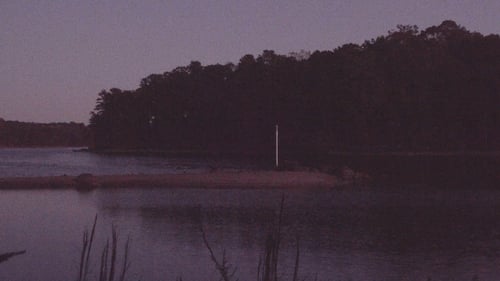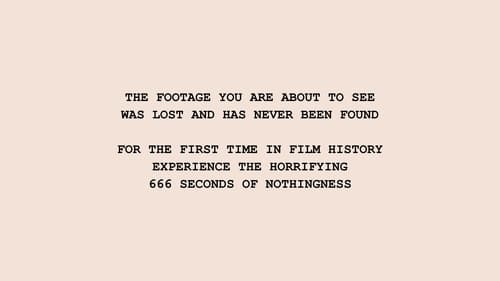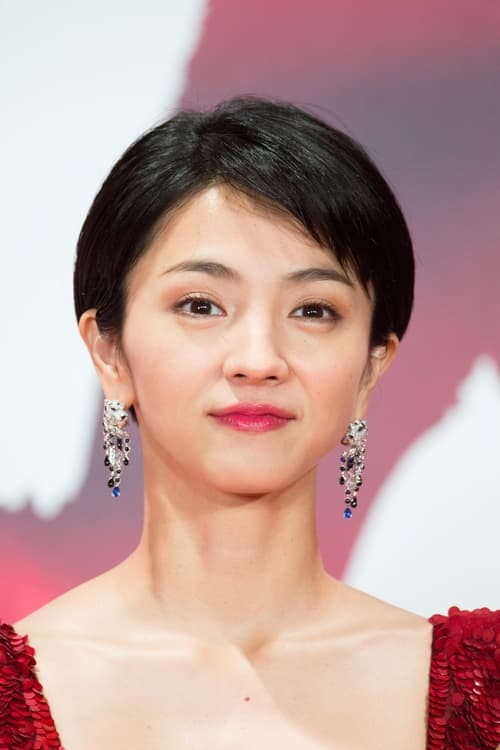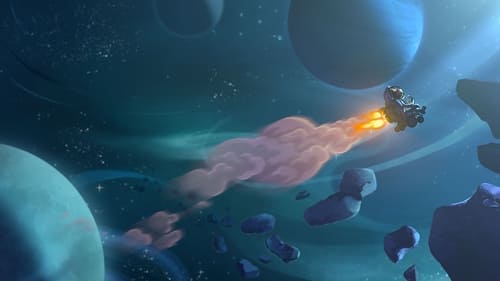Kaguya (2022)
장르 : SF
상영시간 : 5분
연출 : Makoto Nagahisa
시놉시스
Under the impetus of the 75th anniversary of the bamboo top-handle bags, the House presents a contemporary retelling of an ancient Japanese story entitled ‘Taketori Monogatari (The Tale of the Bamboo Cutter).’ Makoto Nagahisa stages the plot of finding oneself, along with true love, in a Tokyo betwixt and between reality and a dream. Dressed in looks from the Gucci Love Parade collection, Hikari Mitsushima, Aoi Yamada, and Eita Nagayama star in the story shedding a new light on the Gucci Bamboo 1947 and Gucci Diana Beloved lines.

A grieving son turns to intergalactic postage to find closure.

Sunday afternoon. Images of last summer. A view of the sunset from a hill. Some flashes.

The film is an observational telling of a watchman in an apartment complex in Guwahati, Assam, India. It blends documentary to explore his alienation and raise the question of empathy vis-a-vis his occupation: its existence beyond what may be referred to as a linear time or the time occupied by the privileged. His time is interpreted as existing in an another time characterised by the banal quality of his job. The film attempts to do away with any narrative control where the subject (the spectator) too exercises a reciprocal gaze on the filmer: by becoming an observer to his own filming, the film's own privileged gaze is confronted.

The 360° project tells the story of a peaceful environment featuring a rare case phenomena where a swarm of butterflies is nurturing itself by eating the nectar of flowers showing the beauty but also the fragility of a complex ecosystem. The video installation is configured to work as an interactive 360° experience where the spectator can view the untouched nature by moving / grabbing / touching the nature by his/her hands (mouse) but offers also the possibility to be screened large scale as a flat video loop on a wall, building or in cinema.

Paleo is a video clip shoot at the famous homonymous music festival in the French canton Vaud in Switzerland where many hippy techno-pagans gather every summer since from 1977. The editing style is a tribute to the reworking of the psychedelic theories and to the new age dissemination within the rave culture in early 90’s from the perspective of a late second decade of the new millennium. In the footage, anyway, the ritual ingestion is symbolically replaced by a liberating dancing through a powerful fast montage which epitomizes the frenzy of the intoxication achieved through psychedelic plants. A revival of a revival of a revival.

(Always) Next to Me is a 16mm film that pairs abstract sequences of plants developed directly on the film emulsion with intertitles briefly describing what was going on for me personally at the moment the plants were collected. I started the film at the beginning of the pandemic, just after I found out I was pregnant for the first time in April 2020 and finished it just before the birth of my baby in December of the same year.

To fly a – way from/out of death, don’t hire a taxidermist but take a ride in this taxidrome! Series of 41 Moving Images - this analogy is possible being conservation at its core rescuing what really matters in the world, like nature, habitats, science and art. It is vital. Yet in a continuously changing environment, the flipside of conservation becomes and here it is where the vital feature of conservation becomes its lifelike trait, a fictive life, a fake life. The embalming process consists of 1) imparting a balmy essence to the dead body, as in the ancient world, 2) by filling its blood vessels with formaldehyde to prevent putrification, as in the modern world, although recently with more regard towards more natural treatments, as for instance in bio-art. To embalm also means to “preserve from oblivion”, and “to cause to remain unchanged”, “to prevent the development of something”.

How would a found footage film look if the footage was never found? This conceptual art experiment questions the very nature of film and cinema while serving as an ironic tribute to the found footage horror pop culture. The found footage format provides the narrative justification for such a film to exist: the non-existence exists because the footage existed yet it was lost and never found.

Judith Wardwell’s satirical take on America’s sanitation obsession and sexually repressive Puritanism

In 1963 and 1964, Andy Warhol captured dancer-choreographers Lucinda Childs, Yvonne Rainer, and Freddy Herko, and Village Voice dance critic Jill Johnston with his Bolex—performing in lofts, on rooftops, and at Judson.

PLANES is an exploration of the corollaries between psychic space and the physical escape of consciousness beyond the earth's biosphere.

1965, black- and-white, 8 min., double-screen projection.

Flashing lights illuminate black faces and dark eyes, oscillating between darkness and inverted lightness.

1 minute, color, silent 16mm

"The Heavens"–Symmetrical chaos envelops a lone, topless man, whose symmetrical abstractions conjure up a psychadelic version of DaVinci's Vitruvian Man.

The story of Jacob wrestling the angel at the stream called Jabbok.

The film began as a record of the painter Joseph Glin and his series of paintings inspired by "La Maison Des Mortes" by Guillaume Apollinaire. After filming Joe destroyed the paintings and closed his gallery, Shekhina, where the paintings were filmed.

Alien Blaire O'Conner returns to earth in need of help from her friends Joe and Murphy

The creative process of the first crochet fashion collection fully developed by male prisoners in Brazil and presented at the country's main fashion event, The São Paulo Fashion Week.













